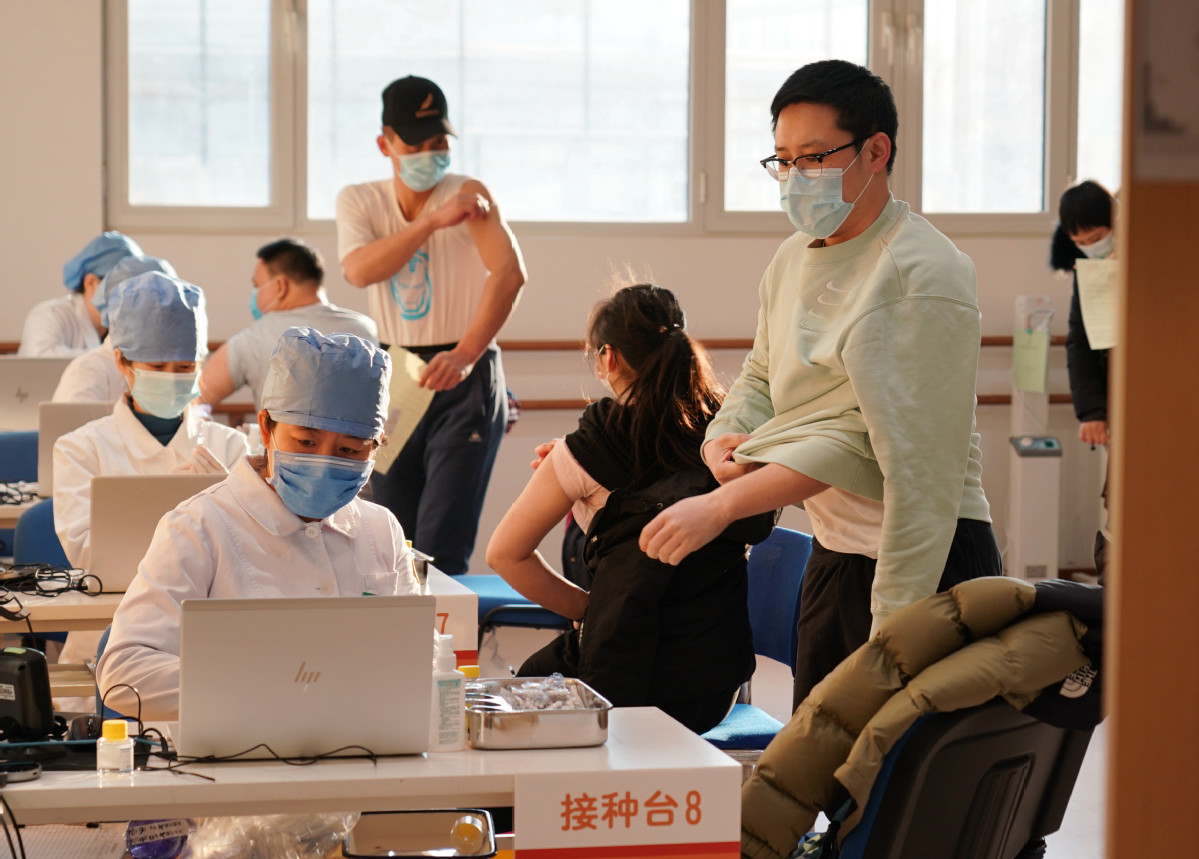Bullish growth prospects forecast for country


Recovery worries
Zhu Ning, professor of finance and deputy dean at the Shanghai Advanced Institute of Finance, said he has concerns about the US and Europe, where the pandemic still appears to be out of control.
"It is difficult to make predictions, because it largely depends on how COVID-19 plays out. I am certainly worried about the prospects for recovery across the major Western economies, given the unprecedented shocks to consumption, employment and business confidence," he said.
Roach, a former chairman of Morgan Stanley's Asia operations and ex-chief economist of the investment bank, is also pessimistic.
He said there is little comfort to be drawn from economic history, with pandemics dating to the 14th century being followed by "long-shadow" anemic recoveries. He fears there could be a double-dip recession in the US.
"The post-pandemic global economy is in need of more than just a vaccine. In most major developed economies, a second and more horrific wave of the coronavirus is at hand-not dissimilar to the course of the 1918-20 influenza outbreak," he said.
Magnus, also a research associate at the School of Oriental and African Studies in London, is more confident and believes that China has shown the West that a V-shaped recovery is possible.
"The US and several other nations will also be driven by important tailwinds, such as easy money, loose fiscal policy, pent-up demand, high household savings rates, few balance sheet constraints and the spending of millennials," he said.
Last year ended with the US Congress agreeing a $900 billion stimulus package. This followed a $708 billion package in Japan and many others around the globe.
The world enters the new year with dramatically high debt levels, and big questions remain over how these can be brought down without the sort of austerity measures seen in many countries after the global financial crisis in 2008.
Zhu, at SAIF, believes a global reset may be needed to deal with the issue.
"There are many questions as to how the debt problem plays out in a zero or negative interest rate environment. Further international collaboration will be crucial for setting a post-COVID new global financial order," he said.
Koh, at the Centre for a New Inclusive Asia, believes the stimulus measures are not sustainable over a long-term period.
"Relief packages for the unemployed or subsidies to the low-income group do not create real wealth for a country. Budget deficits or the issuance of treasury bonds are not long-term solutions to the economic woes of a country," he said.
One extraordinary feature last year was the strong performances of global stock markets during the pandemic.
The S&P 500 slumped to 2,191 in March due to initial fears about the virus, but at the year's close had rallied by more than 70 percent to a record all-time high of 3,756. The Shanghai Composite Index, China's main index, has also risen strongly from its March low of 2,646 to 3,473 when the year ended.
Many commentators question whether stock indexes can continue to run uncorrelated to the real economies they are supposed to reflect.
McWilliams, at CEBR, said there is a risk of a significant correction at some point, particularly if stimulus measures result in inflation.
"As inflation picks up, monetary policy will tighten. At that point, there is a risk of an asset price collapse. These things are difficult to fine-tune-it's a bit like bursting a balloon gently," he said.
Zhu believes that global equity markets this year may continue to run contrary to economic circumstances.
However, he said he expected a major correction at some point, as financial markets had enjoyed the huge stimulus packages and would become increasingly sensitive to small "butterfly effects" happening anywhere in the world.
Jacques, author of When China Rules the World: The End of the Western World and the Birth of a New Global Order, said that 2021 could be the year in which the West realizes it is beginning to fall behind China.
"When the West finally wakes up to the implications of its failure to deal with the pandemic, it will slowly realize that, just as in the aftermath of the 2008 Western financial crisis, it has seriously lost out to China, which has handled the pandemic far better," he said.
"The West has suffered a double whammy: it has failed miserably in response to the pandemic and, as a result, it will pay a much higher economic price."




































